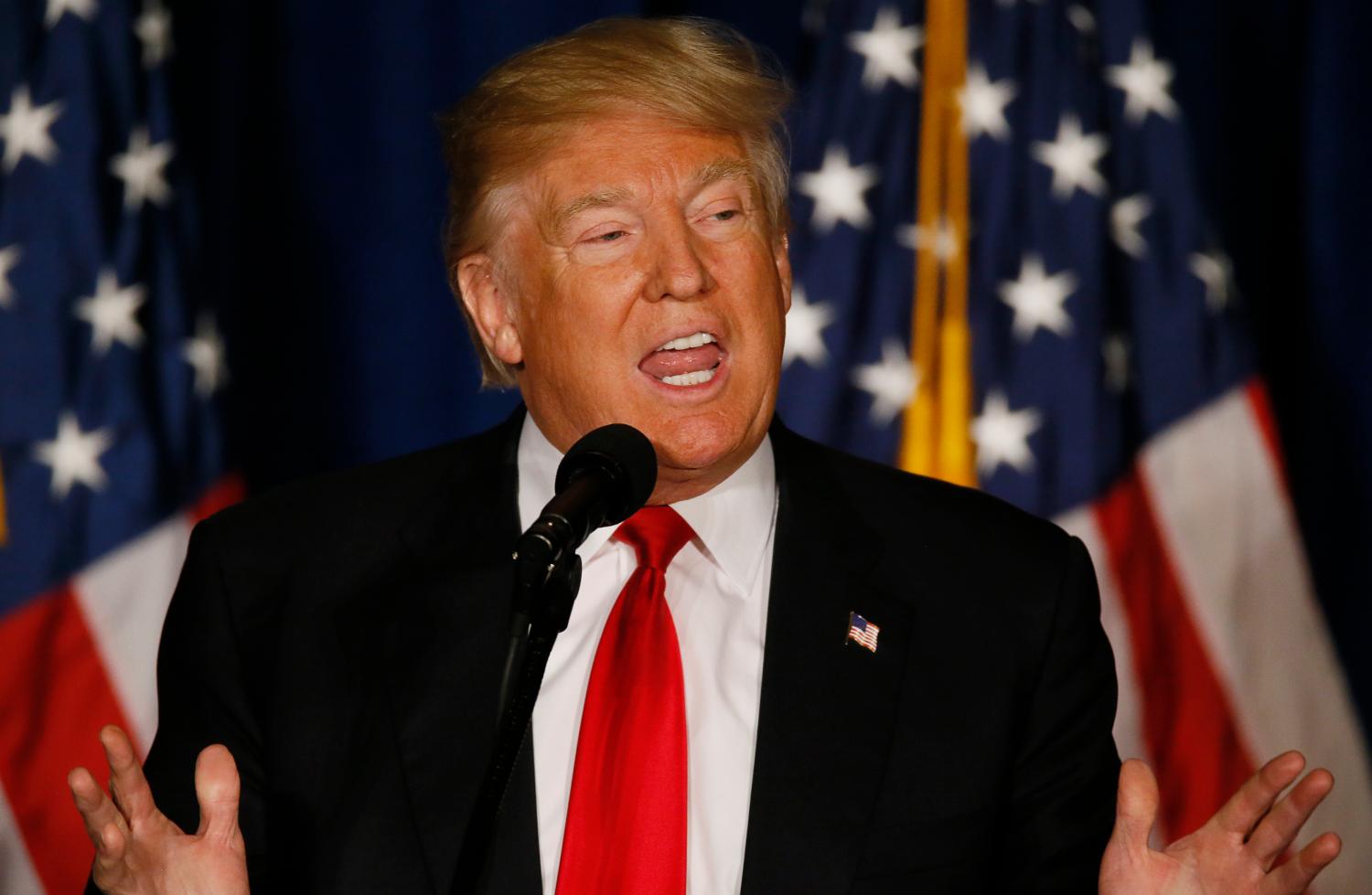The GOP presidential primary process has taken us to places we couldn’t have dreamed mere months ago. Donald Trump’s apparently ever-growing lead—and the foundering of more mainstream candidates like Ted Cruz, Marco Rubio, and John Kasich—carries serious implications for America’s role in the world. As top Republican strategists and political pundits alike toss around ideas for slowing Trump’s momentum—in part due to major concerns about how he’s staked out his foreign policy—I’ll add one more idea into the mix: convince Rubio and Kasich to agree, now and in public, to share a Republican ticket.
It would go like this: John Kasich would drop out of the presidential race before Tuesday, March 15—when winner-take-all votes occur in both Florida and Ohio—and encourage his supporters to vote for Marco Rubio (who performed better than Kasich on Super Tuesday). Rubio, appearing with Kasich at that press conference, would accept Kasich’s endorsement and then promise him the vice presidential spot on the ticket if he (Rubio) were chosen to be the Republican presidential nominee. This Rubio-Kasich team would be promised to the voters even as the primary process marched on. A vote for Rubio would henceforth be viewed (by the candidates and their allies at least) as a vote for Rubio-Kasich together.
The March 15 votes constitute perhaps the last best chance to stop Trump’s march to the nomination. More to the point here, they’re a chance of ensuring that a Republican candidate with a traditional internationalist worldview remains in the race until the convention. Even Hillary Clinton supporters should arguably welcome such a voice on the GOP side, as it could keep the national political discourse more constructive and less demeaning as November approaches.
To be somewhat more specific: Trump is known for his views critical of Mexico, many Muslims, immigration, refugees, trade, and U.S. allies like Japan and South Korea (in light of their purported unwillingness to share the burden of the common defense). He is also known for cozying up to President Vladimir Putin of Russia, and for vague but emphatic talk of getting America back in the habit of winning again. In addition, he advocates more extreme and ruthless measures in the war on terror.
Whatever the risks, it certainly seems more promising than the path either one of them is on now.
While Rubio is no dove, he has wrestled with the intricacies and complexities of foreign policy during his time in the Senate, and much more than has Trump. He has serious views on the use of force and defense policy, seasoned by reality. Most centrally, he has a Reagan-like view of America’s place in the world—as a country that is stern and unyielding towards its enemies, but open and welcoming to the vast majority of foreigners and foreign nations. This positive, internationalist outlook is in marked contrast to Trump’s worldview. Kasich’s views are much closer to Rubio than to Trump, of course, though he may be more measured and moderate in some of his pro-defense views than Rubio.
In many foreign policy issues and beyond, Rubio seems more conservative than Kasich. But of course, some divergence of views is inevitable for any eventual presidential ticket—it is even healthy, to an extent. And the kinds of expertise the two men bring to the national debate are largely complimentary, since Kasich has focused more on domestic policy in recent years and Rubio more on national security matters. In other ways, like their strong religious faiths, they seem natural teammates.
Shake it up
Of course, the goal of this Rubio-Kasich ticket would be to win both Florida and Ohio in March. These are not only delegate-rich, winner-take-all states in the nominating process, but key swing states in general elections. Whether or not the Democratic nominee could ultimately best that ticket come November, the Rubio-Kasich team would have a powerful call on super-delegates at any brokered Republican convention if it already had wins in the nation’s two most important swing states under its belt. It would have demonstrated strength in two states that the GOP nominee will badly want to win in the November election.
Polls show that Kasich is stronger than Rubio in Ohio and Rubio is stronger than Kasich in Florida; both trail Trump in both places. However, their combined tallies match up reasonably well with Trump. Beyond that, the shock effect of this kind of partnership—between an accomplished sitting governor and a bright young senator—could change the race’s dynamics enough to bring them even more votes. It will raise eyebrows and cause many to take a second look at the race. Whatever the risks, it certainly seems more promising than the path either one of them is on now.
The preemptive formation of a Rubio-Kasich presidential team in early March would be a highly unusual step. But it’s already a highly unusual year. Put differently, desperate circumstances call for desperate—or at least dramatic—measures. This kind of a true structural change in the primary process promises a greater likelihood of shaking GOP voters up than big speeches by Mitt Romney or warnings from other parts of the GOP establishment. Kasich and Rubio should consider it.
The Brookings Institution is committed to quality, independence, and impact.
We are supported by a diverse array of funders. In line with our values and policies, each Brookings publication represents the sole views of its author(s).





Commentary
Think Trump is wrong on foreign policy? How a Rubio-Kasich ticket could elevate the debate
March 4, 2016